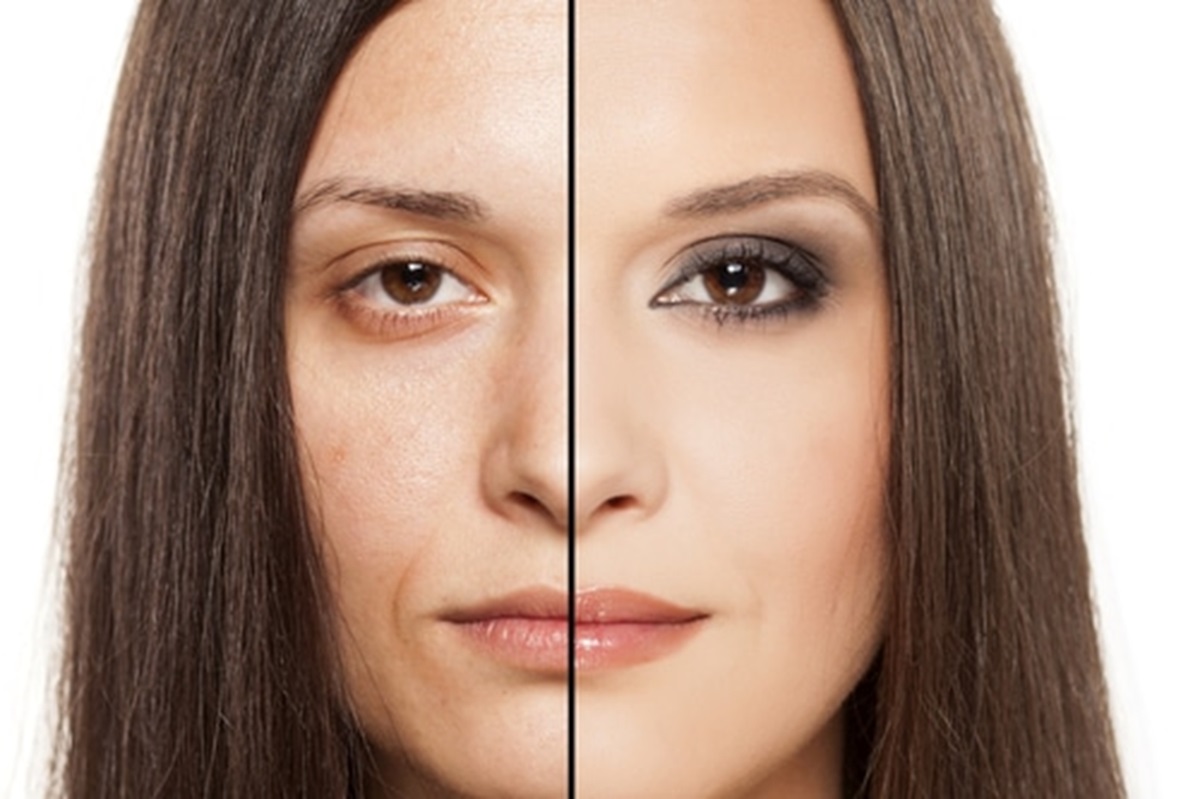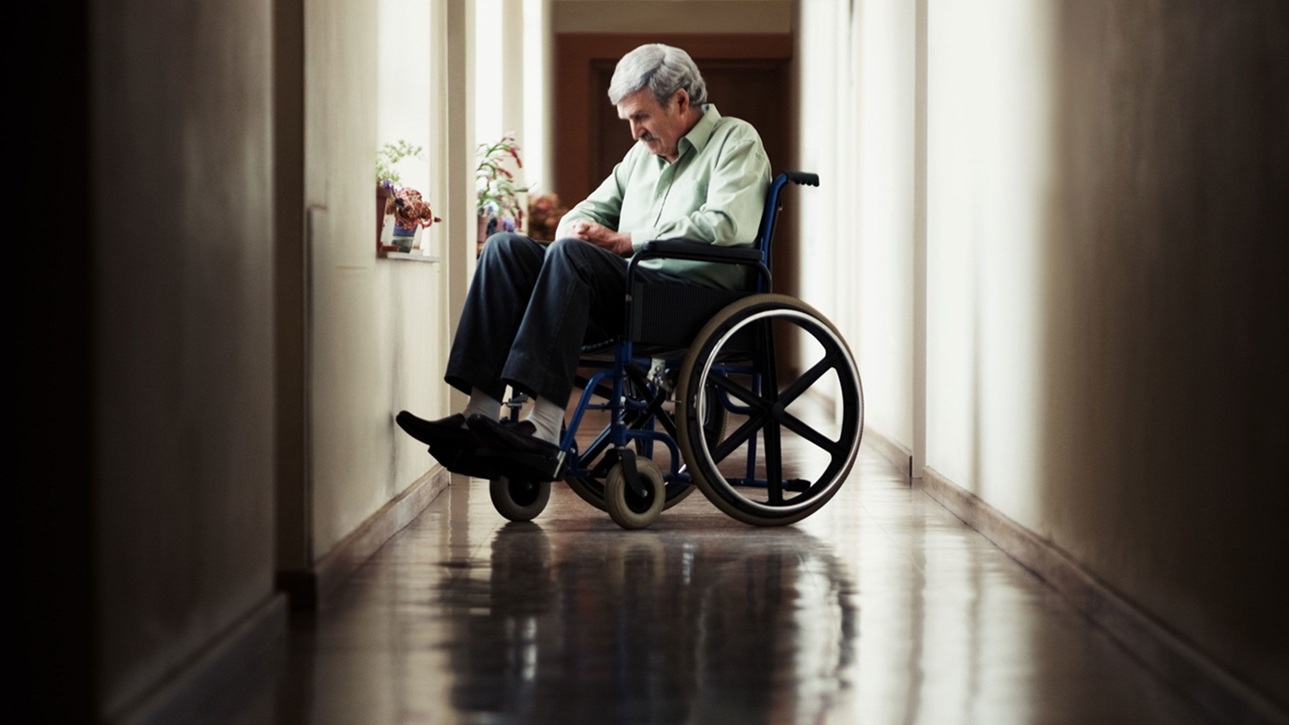Time and tide wait for no one, and neither does ageing. For a long, we were told that our genes cannot be changed and we are destined to get certain diseases like diabetes & certain cancers. Obesity, Hypertension and Alzheimer’s are related to certain genes which are affected by lifestyle and environmental factors. Much research is on slow and healthy ageing.
New research and findings are encouraging. We can take many steps to offset these diseases and early death. On the other hand, our poor lifestyles may hasten diseases to manifest early leading to faster ageing and early death. Thus, the steps we take may prevent diseases or conditions which otherwise hasten the normal ageing process. If we are aware of this early in life, we may phase out certain destructive habits and adopt healthy lifestyles which may prevent premature ageing/ death.
Ageing occurs at the cellular level. In normal ageing, the cells generally get weak (atrophy or senescence), and the organs/ muscles shrink. The toxic material in certain cells may cause excessive multiplication (hyperplasia) like in the prostate gland which gets swollen as we age. Also, with increasing age, exposure to certain things may cause damage to the DNA in chromosomes and lead to different cancers.
Genes and Ageing
We humans have around 20,000 to 25,000 genes in our cells. These are made of DNA molecules arranged in a helical fashion. Scientists believe that the codes in the DNA determine certain diseases which may occur along with the likely life span. It meant that the person could do little if he was born with some faulty genes. But in recent years, research is shown that about 10% to 20% of our genes can be modulated by our actions – good or bad. This exciting new science is called Epigenetics.
Epigenetic Changes
This change occurs when lifestyle or environmental factors (certain chemicals/ pollutants etc) cause a particular gene to turn off or on without a change in DNA. There may be 3 possibilities:
- Healthy lifestyle and good environment with faulty genes. Around 60% ill effects of the faulty genes can be offset.
- Unhealthy lifestyle or exposure to poor environmental conditions with good genes. Around 75% more chance of diseases and early death.
- Unhealthy lifestyle or poor environmental conditions and faulty genes. Double the risk of diseases and early death.
In the US alone, it was estimated that 41 million deaths occur because of poor lifestyles and environmental conditions.
How Our Organs Age
- Nervous System
- Memory, especially of recent events is the first to go. Later, the thinking process slows down and eventually, in some people, the ability to perform even simple tasks is lost.
- Sleep disturbances are common in ageing. The process hastens in those who do not use it sufficiently. The sleep cycle is generally like a baby’s sleep cycle – for shorter periods at a stretch but for a longer time. Afternoon napping becomes common. With advancing age, a person may also take a nap after breakfast. Disturbances in breathing while asleep (sleep apnoea) occur in some.
- Changes in the lens of the eye cause presbyopia or focusing defect, vision loss and later, cataracts.
- Hearing becomes dull and the same happens to the taste and touch sensations.
- Hormones
- Marked effects are in the parathyroid which leads to ratification of bones – Osteoporosis. These brittle bones fracture easily.
- Digestion becomes slow.
- Other major hormonal changes occur in the sex hormones. Menopausal changes occur in women in their forties or fifties. Infertility, shrinking of breasts and fragility of the sexual organs occur slowly. Urinary infections are common.
- The sexual ageing of males occurs later. Some males may remain virile till their eighties. The sex organs shrink in size but in some, the breasts may swell.
- Locomotion
- Apart from brittle bones, muscles may also lose mass and strength.
- The cartilage between the bones also those down causing stiffness, joint pains and sluggish gait. Many begin to stoop as they stand or walk.
- Skin
- Skin changes occur early, especially in those who work under the sun. It becomes flabby, and wrinkles and spots appear.
- The lips may begin to shrink and eyes appear sunken.
- The ears may grow larger in some.
- Greying and loss of hair happen in both sexes but baldness in men is common.
- Bleeding spots under the skin often occur. The ageing person becomes more prone to the effects of heat (heatstroke) or cold (hypothermia).
- Heart and Blood Vessels
- The heart pumps less blood per beat. The rate also comes down.
- Blood vessels are narrowed due to fatty deposits and are less elastic. All this results in a slight rise in blood pressure.
- Paradoxically, when a person gets up after sitting or sleeping, the blood pressure falls rapidly and may cause fainting. At times, the heart too receives less blood and so does the brain.
- Varicose veins appear on legs and deep vein thrombosis occurs during prolonged sitting sessions.
- Lungs
- There is a lesser and lesser exchange of blood in the lungs with the passage of each decade after fifty.
- The muscles of respiration inside and outside the body become weak. Thus, it becomes difficult to expel phlegm.
- Seniors also become breathless earlier while exerting.
- Urinary System
- Muscle weakness in the bladder may cause urine to dribble out. This also leads to frequent infections.
- Secretion of certain hormones which regulate the kidney decreases and may lead to a disease called glomerulosclerosis.
- The prostate gland in males increases in size causing varied symptoms.
- Immunity
- The body’s immune system begins to weaken. It is slow to respond to the disease-carrying viruses and bacteria.
- Secondly, in some persons, the body’s immune system may fail to recognise and attack some of its own parts (or cells in them). These diseases are called autoimmune diseases like Rheumatoid Arthritis.
- Lastly, some of the ageing cells which mutate or undergo metaplasia, may not be removed by our immune system. They multiply rapidly causing cancers.
Can We Slow Down Aging?
Now, that we know how ageing occurs and what all organs are involved, it is easier to understand ways to delay ageing. Even if we can’t delay it, we can learn to come to deal with these changes in a positive manner. Anti-ageing product industry has expanded rapidly over the past few years. About 2 years ago, it was worth $83 billion of which anti-ageing skin products alone were close to $58 billion.
- Nutrition: Some of us are aware of the ‘blue zones’ of the world, where the people live the longest and the healthiest. These are in Japan, Italy, Greece and California, US. The food they eat has been researched. It has been found that foods containing whole grains, leafy vegetables, berries and omega-3-fats reduce the risk of diseases of the heart and blood vessels. Other researchers have proposed that eating non-processed foods with servings of salads, fruits and nuts may slow ageing. Cutting down on sugar, salt, trans-fats and carbohydrates like polished rice prevents diseases and hence delays ageing. Ultra Processed Foods need to be removed or reduced drastically from our plates. Read more about them by pressing here.
- Exercise: Inadequate physical exercise causes rapid loss of muscles stiffness of joints and bone loss as we age. The risk of contracting obesity, heart disease and diabetes is much higher in people leading a sedentary lifestyle i.e. those who prefer to lounge in retirement. Many articles on Physical Activity are available on this site itself if scrolled back. Performing strenuous exercises in old age should be done in consultation with a physician. Staying healthy and performing exercises consistently on a daily basis is key to delaying ageing.
- Diet Control: Our Indian ancestors knew long back that a reduction in diet extends our life span. Animal studies have now proved that those whose diet was curtailed by 20% to 30%, lived longer. However, human studies have found it difficult to confirm. In recent years, studies on periodic fasting have also been conducted.
- Staying Away from Pollutants: Easier said than done. However one has to weigh the pros and cons before accepting jobs where dangerous chemicals are being manufactured or used without adequate safety precautions. Similarly, steps be taken to reduce the exposure to pollution.
Other Generic Methods to Delay Aging
Apart from the above, there are many more ways how ageing can be delayed but have not been put to scientific scrutiny. Nonetheless, these methods, remedies or removal of self-destructive lifestyles will prevent diseases and increase our life span. These are enumerated briefly:
- Tobacco: It is the number one killer of human beings. Tobacco abuse drastically reduces life span. Tobacco’s second-hand smoke affects non-smokers as well, who inhale it for a long period. Hence, giving up tobacco at any age increases the life of the abuser as well as of their immediate family.
- Alcohol: While alcohol abuse affects the person’s health and longevity, in poor families, it affects the entire household, as, money is diverted from food to alcohol. Secondly, violent alcoholics may end their or their spouse’s life early. Hence giving up alcohol definitely increases lifespan.
- Pollution: Preliminary studies reveal that pollution reduces our lives. Thus, living in a pollution-free place would help to live a healthier and longer life.
- Sleep: Our mind and body require 6 to 8 hours of sleep every night as in this time the mind and the body repair itself. Disturbed or less sleep over a long period of time, reduces our life span.
- Stress: Our mind needs reprogramming as we retire or as we age. If we can come to terms with ageing and think positively, we can slow the ageing process or, at least, age gracefully. Guilt and regret should be removed, and gratitude and forgiveness be embraced. Brain exercises keep it healthy and memory remains better, delaying dementia.
- Skin: Sun and strong winds hasten the ageing of the skin and should be avoided for it to last longer. Expensive anti-ageing creams, cosmetics and lotions may or may not suit a person but as written earlier, they cost a lot of money. Better advice may be taken from a dermatologist. Plastic surgery and hair transplants give a youthful appearance, improve self-esteem and may be undertaken.
- Immunization and Supplements: Most immunising agents prevent disease and prolong life. However, some of these supplements are like double-edged swords. They are best taken under the advice of a physician who has recently examined the person.
- Staying Active: Retirement is a contagious, debilitating disease and is best avoided, said Morris. He meant that after leaving one or more jobs, even in old age, one mustn’t sit at home doing nothing. Most housewives keep working full time at home. They usually stay physically and mentally, healthy. The men or women who want to become couch potatoes age rapidly. On the contrary, following a passion or a hobby or contributing to society in an altruistic manner definitely slows the ageing process.
Conclusion
Research is going on in different directions. Stem cell therapy, gene therapy and drugs like Rapamycin and Metformin are showing promise but nothing conclusive has been shown. Most of the measures listed above pertain to making changes in our day-to-day habits. This becomes difficult as we grow older. Hence, we need to inculcate healthy habits in our children and wean them away from destructive habits. That is, ‘Catch them young’. If every responsible parent and grandparent knows what can be done, the next generation may have a longer life span.
Title Image Courtesy: https://cathe.com/
Disclaimer: The views and opinions expressed by the author do not necessarily reflect the views of the Government of India and Defence Research and Studies
Article Courtesy: https://genkris.wordpress.com/










